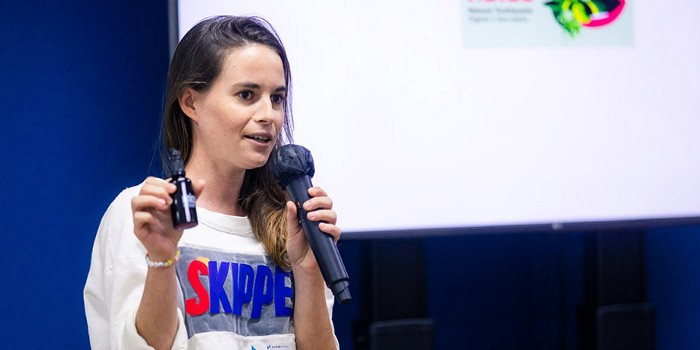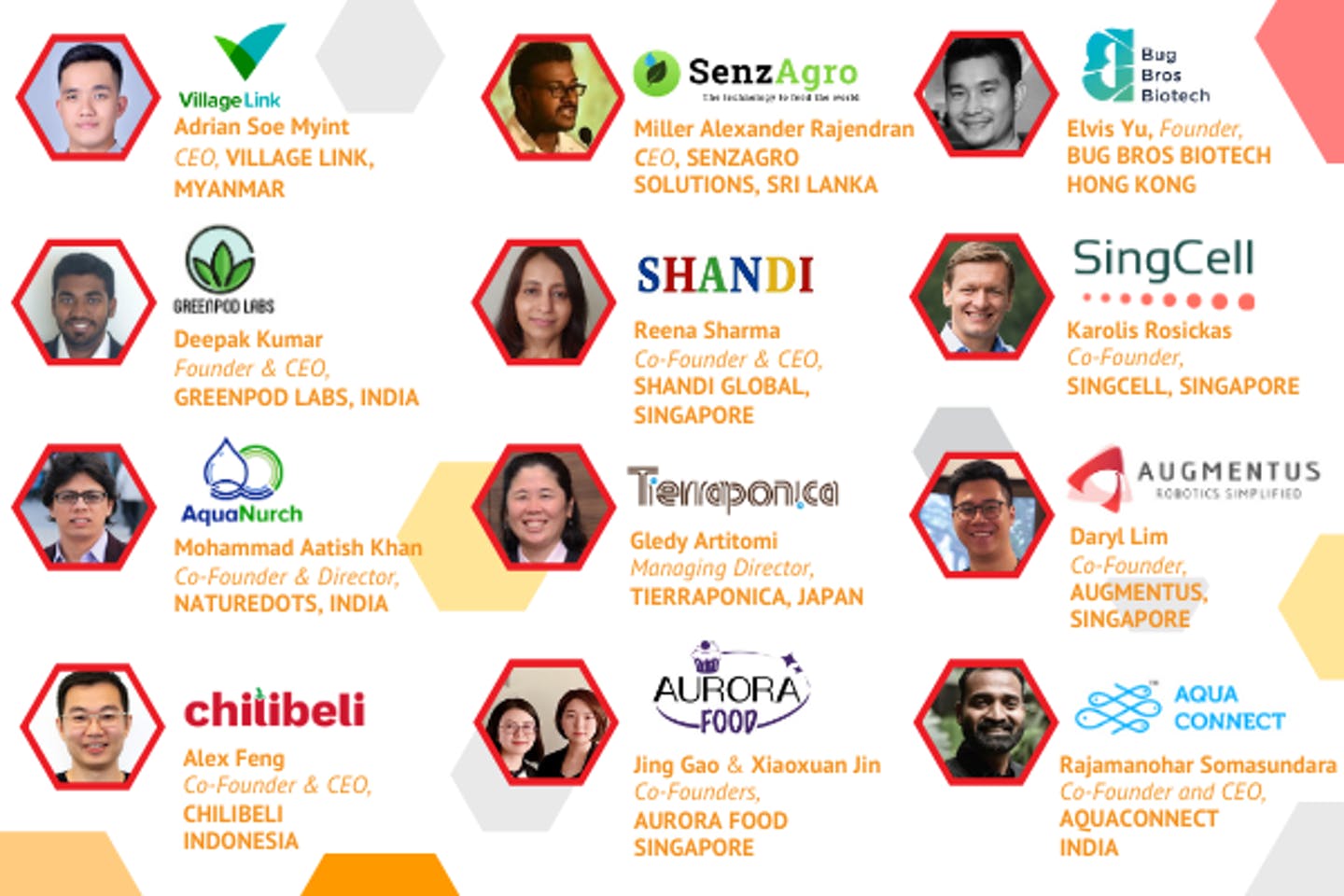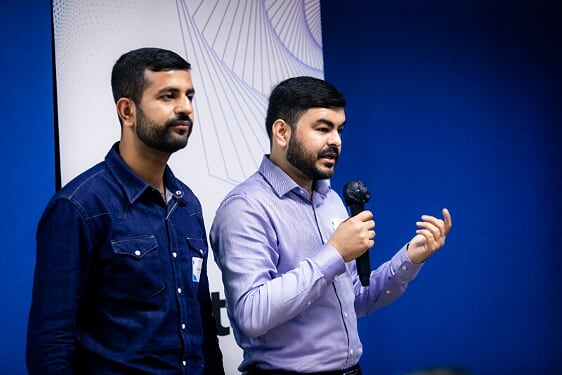SUSTAINABILITY need not be at odds with profitability, and it can be a good catalyst for new ideas and business opportunities, a senior official from Enterprise Singapore (ESG) has suggested.
“With rising consumer awareness for corporate sustainability and trade, businesses are under pressure to improve business practices, as sustainability needs to be incorporated into processes, products and services,” Edwin Chow, assistant chief executive officer for innovation and enterprise at ESG, said in an interview with The Business Times.
“These practices improve resource management and could directly reduce operating costs in the long run,” he added.
This is why several initiatives to encourage innovation in sustainability will be launched at the Singapore FinTech Festival and the Singapore Week of Innovation and TeCHnology (SFF x SWITCH).
ESG is launching a Sustainability Open Innovation Challenge with industry leaders and government agencies to create innovative solutions with small- and medium-sized enterprises (SME) as well as startups, Mr Chow said.
These include organisations such as Sembcorp Industries, ENGIE Factory, Resorts World Sentosa, the National Environment Agency and the Housing & Development Board.
Mr Chow said while innovation is usually done in-house, open innovation is an approach where companies engage external teams to develop solutions for a market need or opportunity that is represented by a problem statement. Such teams can be from research institutes or the industry, especially the startup community.
“This has the advantage of tapping a bigger talent pool for the best ideas, and helps companies develop solutions more quickly,” Mr Chow said.
From the perspective of the research institutes and startups, such open innovation challenges will help them gain access to larger companies and their resources, and validate the market need for their technology.
This will in turn encourage smaller companies to develop business models based on the development of new products and solutions, and strengthen the competitive advantage of Singapore companies, he added.
As this concept is fairly new to this region, unlike in the United States and Europe, Mr Chow said ESG will be working with other government agencies to raise industry awareness on open innovation and help companies embark on their open innovation journeys, adding that partnerships with both public and private sectors will form the foundation for this.
One way this is being done is for the government to take on the role of “lead demand drivers” to work with SMEs and startups to develop solutions that do not as yet exist in the market, through an ESG programme called Gov-PACT.
Since 2017, Gov-PACT has launched around 15 open innovation calls to tackle 100 challenge statements.
Separately, Singapore investment firm Temasek is partnering the startup community to run HyperX, a global sustainability-themed programme, which involves a hackathon, pre-accelerator and accelerator. The aim is to ideate, build and scale solutions that address the UN Sustainable Development Goals.
The United Nations Development Programme (UNDP) is also launching its global sustainable agriculture challenge Cultiv@te at SFF x SWITCH with the Singapore government.
This initiative will call for applications from startups and researchers to co-design, validate and scale solutions with emerging market innovation ecosystems and corporates that address sustainable agriculture challenges from countries across the globe.
“Going forward, Enterprise Singapore will be exploring more of such partnerships with relevant players such as Temasek and UNDP to develop the innovation ecosystem and do more on the sustainability front,” Mr Chow said.
He said the government’s initiative with UNDP highlights its commitment to global sustainable development, to make agriculture more climate-resilient, support inclusive livelihoods, and increase access to healthy and sustainably sourced food, not just for Singapore but also for the world.
“A point to note is that innovation is not just about technology breakthroughs,” Mr Chow said, adding that it should be driven by real-world needs regardless of approach. Singapore’s institutes of higher learning should therefore also stay abreast of industry developments to ensure their solutions solve real-life problems, rather than “first-world problems”.
The starting point for market-led innovation then is to figure out a problem that people are prepared to pay to solve. Mr Chow said ESG wants to support a broad range of innovation so long as there is a market demand for them.
“If there is enough demand, then Singapore companies that deliver solutions to such problems will be profitable, creating jobs and economic value in Singapore,” he said.
In addition, Mr Chow noted that there are several initiatives to encourage SMEs and the research community to work together, including the Industry Alignment Fund-Industry Collaboration Projects and NUS Enterprise’s Lean LaunchPad Singapore programme.








